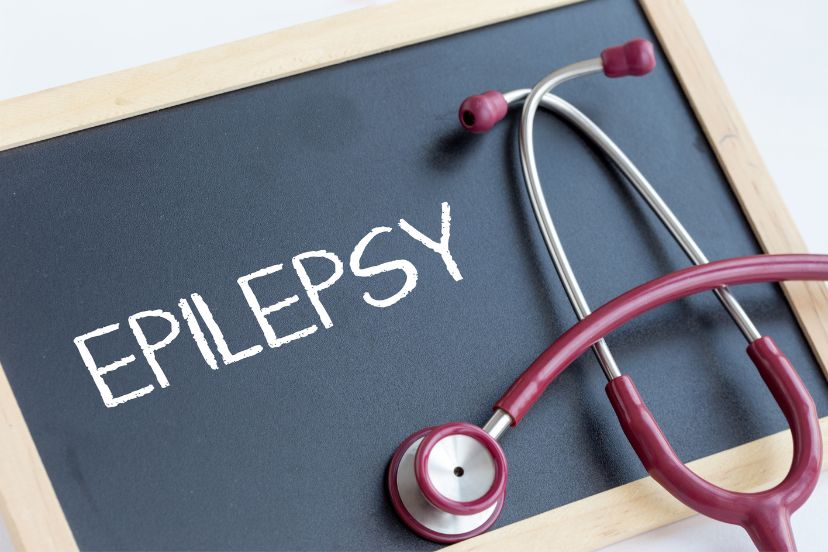Bridging the Gap: The Connection Between Epilepsy and Celiac Disease
Hey there! If you’ve ever been intrigued by how the human body works, you’re in for a treat. Today, we’re diving into an unexpected connection between two health conditions: epilepsy, a brain-related issue, and celiac disease, which has everything to do with our digestive system. Ready? Let’s dive in!
Epilepsy and Celiac Disease: Breaking It Down
At first glance, epilepsy and celiac disease seem worlds apart. But let’s break down these terms and see where they might intersect.
- Epilepsy Unpacked: Think of epilepsy like electrical storms in the brain. These storms, or seizures, happen because of sudden, intense bursts of electrical activity.
- Celiac Disease Demystified: Here’s the deal with celiac. When someone with this condition eats gluten (found in foods like bread and pasta), their immune system sees it as a threat and attacks their own digestive tract.
- The Intersection: Surprisingly, some research shows that individuals with epilepsy might also show signs of celiac disease. However, this doesn’t mean if you have one, you’ll surely have the other.
Piecing Together the Puzzle: The Science Behind the Connection
So, how do a brain condition and a tummy problem even relate? Let’s dive deeper.
The Brain-Gut Connection
There’s this amazing thing called the gut-brain axis. It’s a two-way communication line between our brain and gut. When one feels out of sorts, the other might too.
Gluten: More Than Just a Tummy Troublemaker
While gluten primarily gives a hard time to the guts of those with celiac disease, there are hints that it might sometimes play tricks on the brain too.
When Two Worlds Collide: Recognizing Symptoms
When you combine the signs of epilepsy and celiac disease, it can get a bit confusing. Let’s clarify.
Brain Signals
Aside from seizures, celiac can sometimes lead to headaches or moments of feeling “foggy-headed”.
Digestive Distress
Celiac disease can cause symptoms like stomach pain, bloating, or the frequent need for a bathroom break.
Real-life Journeys
Reading about how real people navigate these conditions can offer clarity.
- Anna’s Journey: Anna, after experiencing seizures, got diagnosed with celiac disease. Once she skipped the gluten, not only did her stomach thank her, but her seizures reduced too.
- Sam’s Path: Already navigating celiac disease since 15, Sam’s world turned upside down when seizures entered the picture in his 20s. Proper management helped balance both.
Managing the Twists and Turns
Dealing with one health issue is tough, let alone two. But there are strategies to cope.
Dietary Adjustments
For celiacs, steering clear of gluten is paramount. But it’s not just about what you can’t eat, it’s about embracing a healthy, balanced diet.
Medication and Check-ups
Regular doctor visits and appropriate medications can keep seizures at bay and ensure the gut stays happy.
Looking Ahead: New Research and Innovations
Teen Challenges
Being a teen with both conditions can have its own set of challenges. Luckily, experts are on it, ensuring they get the best care.
Latest Discoveries
Every day, scientists uncover more pieces of the epilepsy-celiac puzzle, promising a brighter future for those affected.
Questions You Might Be Pondering
- Is there a genetic link between epilepsy and celiac disease? There might be. Researchers are still connecting the dots.
- Does everyone with celiac experience brain symptoms? No, these brain effects are limited to a subset of individuals with celiac disease.
- Are there specific meds for those with both conditions? Doctors tailor treatments to each individual, ensuring they get what’s best for them.
- How can lifestyle changes help? Healthy habits, from regular exercise to stress management, can make a world of difference.
- Are there communities for those affected? Absolutely! There are groups where individuals share experiences and support each other.
- Does an early diagnosis of one help manage the other better? While early diagnosis is beneficial, it doesn’t guarantee that the other condition will be milder or more severe.
Conclusion
The intriguing connection between epilepsy and celiac disease reminds us of the body’s complexity. Understanding these conditions, separately and together, can pave the way for better care, improved lifestyles, and ultimately, a better quality of life. So, as we keep learning and growing, remember to stay curious and never stop asking questions!




